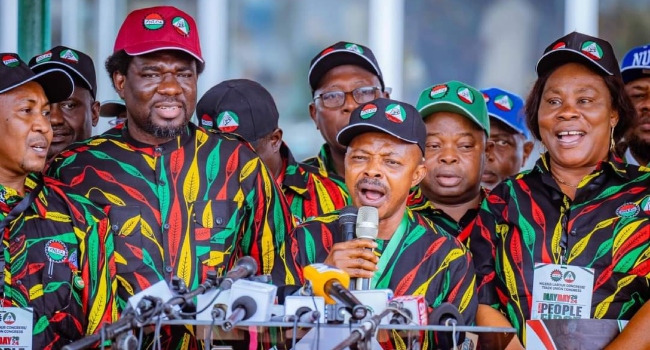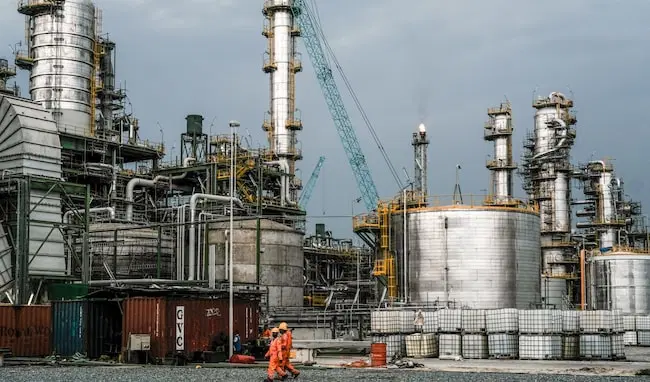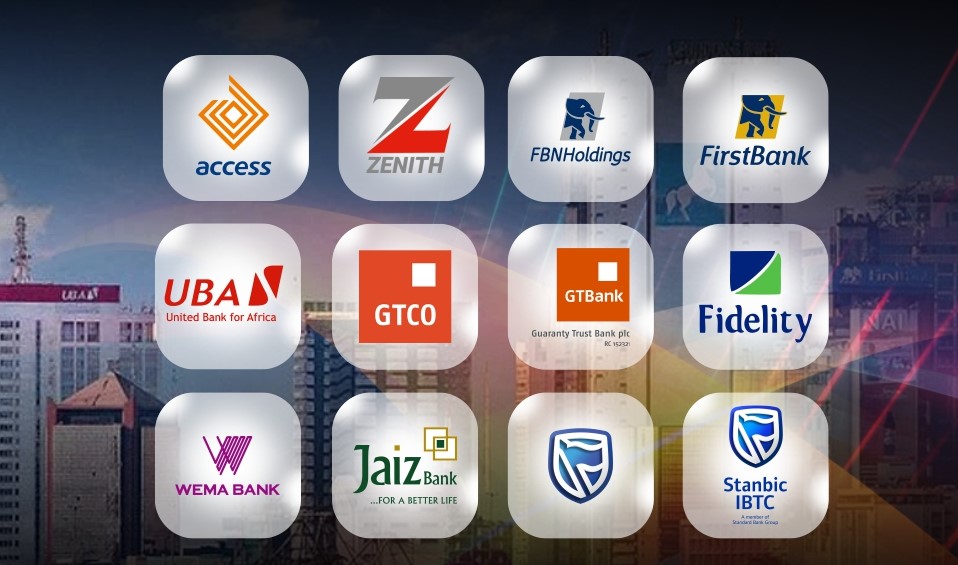Just a year after negotiating the new national minimum wage, Nigerian workers are struggling to meet basic needs due to rising living costs.
The average minimum wage across states is ₦73,471.43, slightly higher than the federal government’s ₦70,000 benchmark. States like Akwa Ibom, Bayelsa, Delta, Enugu, Lagos, Niger, Oyo, and Rivers pay above the national average.
However, inflation—hovering around 24%—has significantly reduced the real value of wages. Labour leaders argue that the ₦70,000 minimum wage is insufficient, with many workers unable to afford essentials like food, rent, and transportation.
“The current minimum wage of ₦70,000 is losing value daily,” said Joe Ajaero, President of the Nigeria Labour Congress (NLC).
Rising Costs and Worker Hardship
According to the National Bureau of Statistics (NBS), the average daily cost of a healthy diet is ₦1,255. A worker earning ₦70,000 would spend over 53% of their salary on food alone.
Labour unions have criticized the government for failing to adjust wages to match inflation. Peters Adeyemi, General Secretary of NASU, called for shorter renegotiation cycles.
“Prices of goods and services go up almost daily, making workers’ take-home pay inadequate,” he said.
Calls for Urgent Action
Labour leaders and stakeholders are pushing for another round of wage negotiations before the 2027 deadline. Emmanuel Onwubiko, National Coordinator of HURIWA, argued that ₦70,000 is far too low, especially with the naira’s devaluation.
“The cost of living has skyrocketed. What ₦30,000 could buy before, ₦70,000 cannot buy today,” he said.
While some states, like Enugu, have started provisional payments of ₦80,000, others are still negotiating with labour councils.
Like 👍, Comment, share this article, and Follow us on our social media handles.







